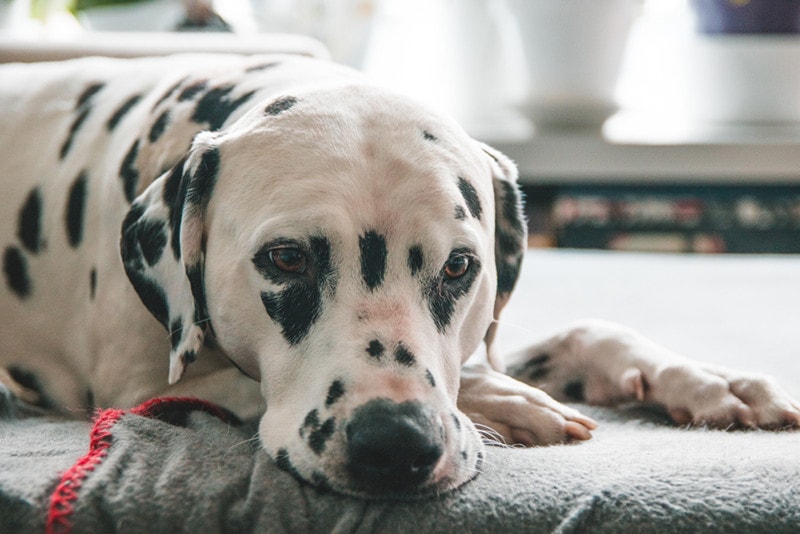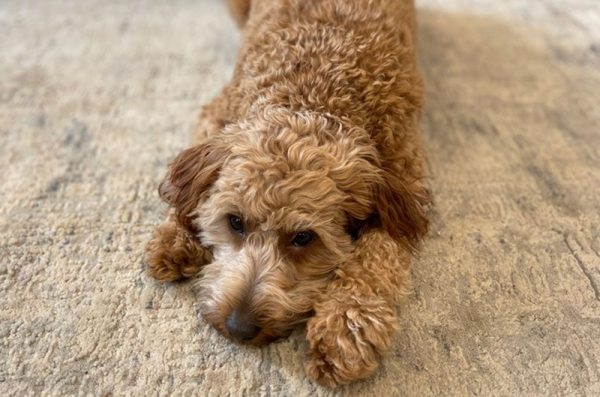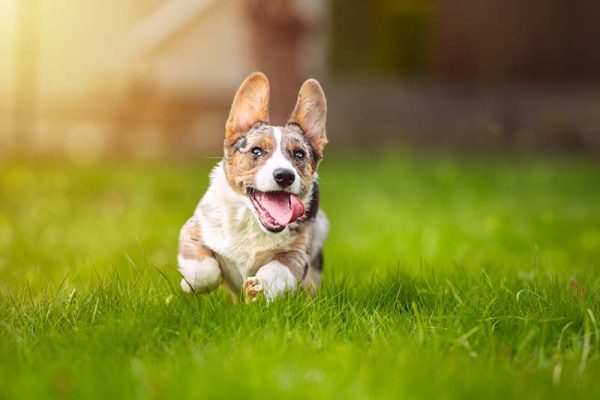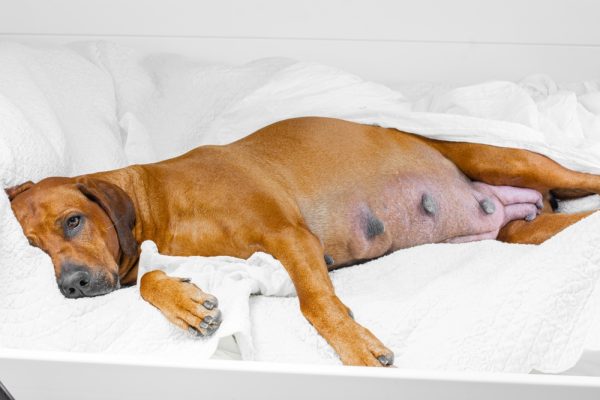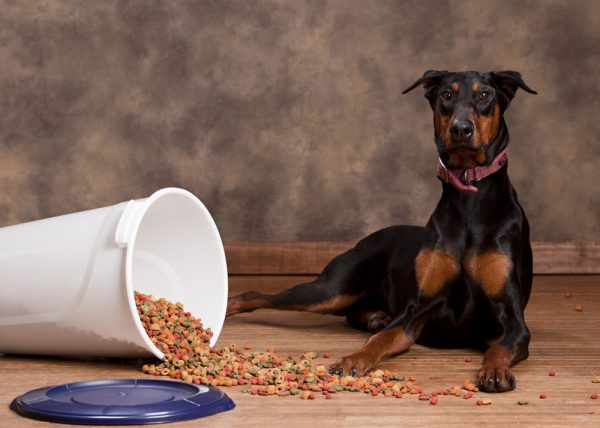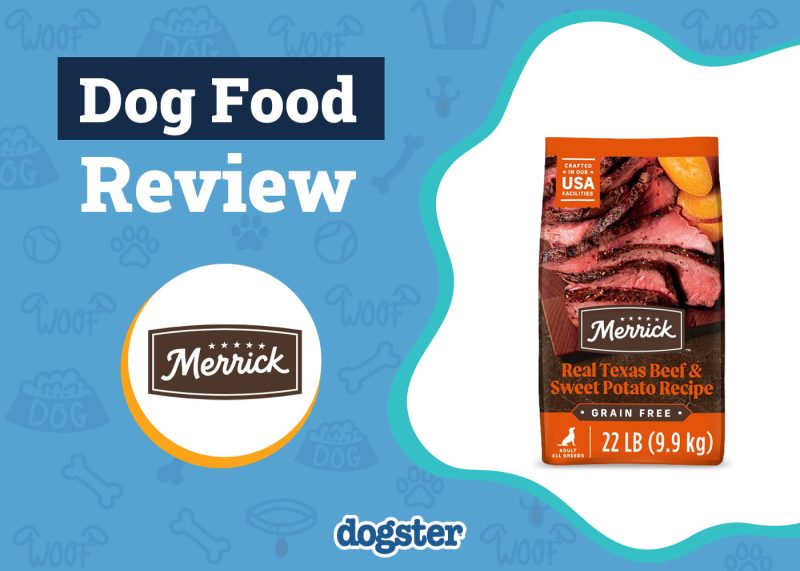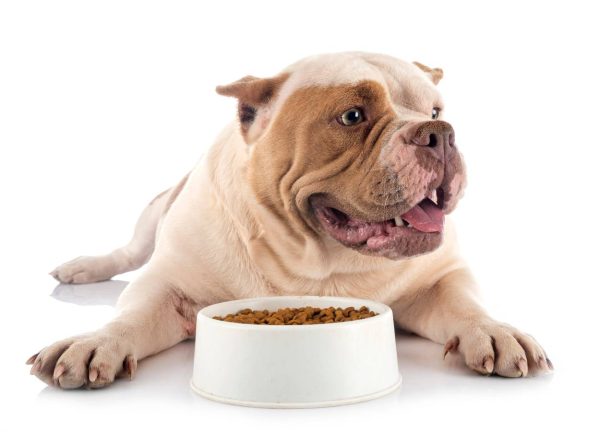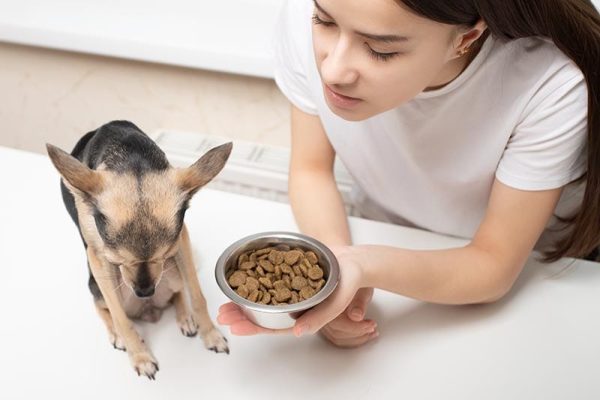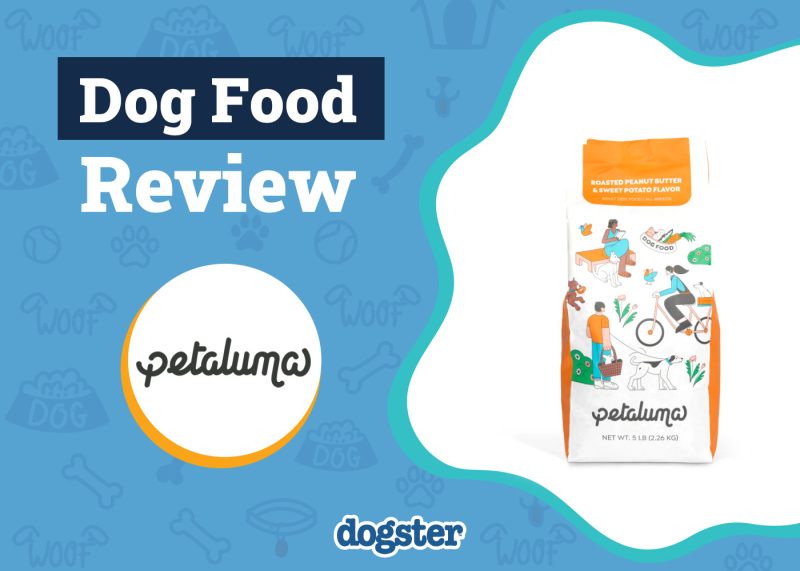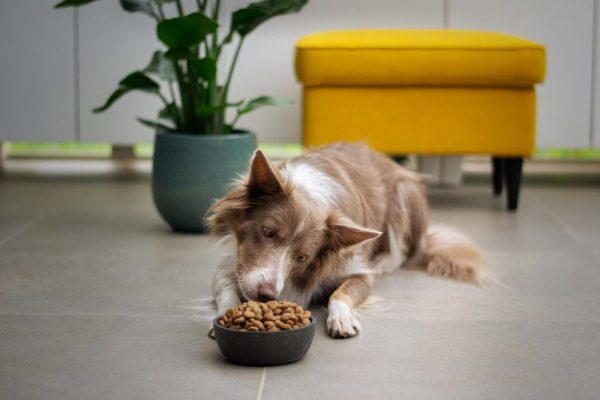Having a dog with diarrhea isn’t a fun situation for anyone. Between constant trips outside and cleaning up unsightly messes, you’re left worrying about how you can help your dog through this situation. Luckily, there are a few things you can do at home to make life easier for your pet when things aren’t great in their tummies. Let’s take a look at some helpful tips to treat diarrhea in dogs.
Of course, if your dog’s diarrhea has not resolved after a day or two, or has gotten worse, or they are not feeling well in themselves, seek veterinary care as soon as possible.

The 8 Tips to Help a Dog With Diarrhea
1. Visiting the Vet
Not every case of diarrhea in dogs requires a trip to the veterinarian. However, it is important to know when there is a problem to ensure your dog stays healthy. You know what’s normal for your dog. If you have a pooch that deals with digestive issues often, rushing to the vet each time isn’t always needed.
If your dog suffers from diarrhea that lasts for long durations, isn’t helped by any remedies, is caused by medications, happens alongside existing conditions, or takes place with other signs like fever, vomiting, lethargy, pale gums, or weakness, they should be seen by a veterinarian.
2. Rest

One of the most important things to do when trying to help a dog with diarrhea is to allow them to get plenty of rest. While you may want to initiate play or stick to regular routines, this isn’t the time. Instead, your dog should be given plenty of time to rest and recover from whatever is upsetting their stomach.
Considering your dog is suffering from diarrhea, it’s best to provide them with a comfortable resting area near the door so they can alert you when the time comes. You may also want to consider sheltering your dog in an area with floors that are easily cleaned up.
3. Fasting
An effective way to stop dog diarrhea is to withhold food from your dog for only a short time, as the intestines need nutrition to function properly. A short fast of 12 hours is recommended. Water should be given frequently during this time. Fasting is used to help give your dog’s digestive tract time to clear the issue and settle.
You should keep in mind your dog’s health and age before doing this. As we know, puppies and older dogs need all their nutrients to stay healthy. Fasting can also be difficult on small dogs that don’t have the same type of physical reserves as bigger breeds. Check with your veterinarian before fasting your dog.
4. Hydration

During a bout of diarrhea, your dog needs to stay hydrated. They should have fresh water offered at all times. Alongside water, you could try offering them rice water. To make rice water, boil 1 cup of good-quality rice in 4 cups of water. The rice should be boiled anywhere between 10 and 40 minutes or until the water becomes a white, creamy color. Remove from the stove and allow the mixture to cool. Before serving your dog, strain the rice.
You can give this to your dog to help with stomach issues, gas, and bloating. If your dog doesn’t seem to enjoy the rice water, try adding a couple of teaspoons of dog-safe broth to improve the taste. If your dog refuses to drink, it’s important to get them checked by a veterinarian, as they may get dehydrated quickly.
5. Electrolyte Solutions
If your dog isn’t a fan of rice water, unflavored Pedialyte could be an option. Just make sure that it is the original flavor and does not contain any added flavors, dyes, or artificial sweeteners. Before offering your dog Pedialyte as a way to keep them hydrated when dealing with diarrhea, contact your veterinarian. They will assess the situation and tell you whether they approve of this step.
If you need to speak with a vet but can't get to one, head over to PangoVet. It's our online service where you can talk to a vet online and get the advice you need for your pet — all at an affordable price!
There are also veterinary-formulated electrolyte solutions available that may be more appropriate, such as Oralade, that also offer nutrition to your dog, while keeping them hydrated. Your vets are likely to stock such products and may recommend the most suitable ones.
6. A Bland Diet
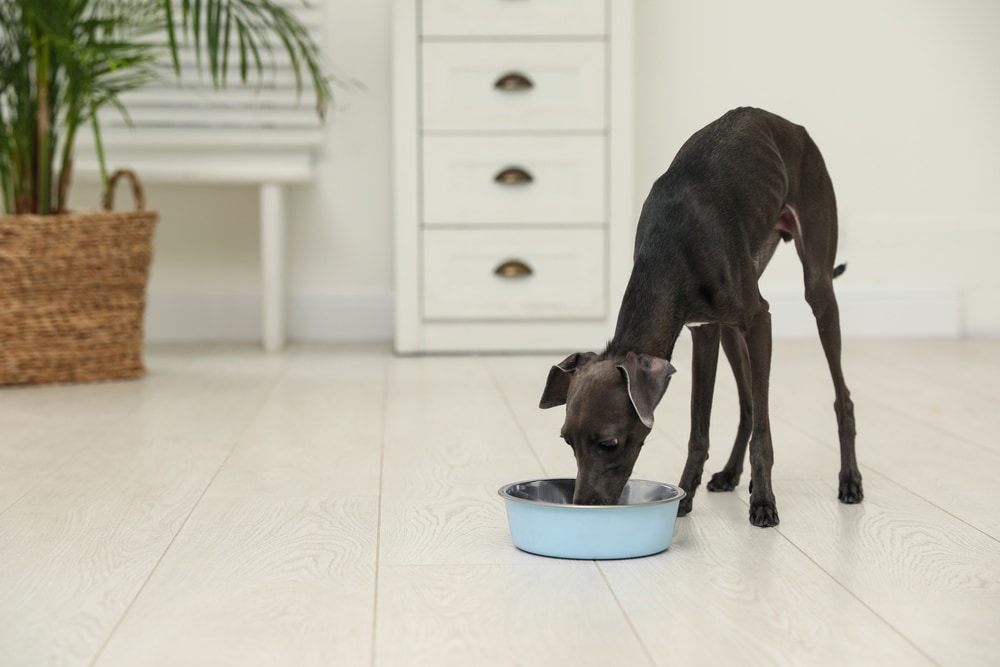
After your dog goes through a short fast in hopes of slowing diarrhea, a bland diet is in order. With this, you also introduce foods slowly. Using foods that can be considered bland foods can help normalize your pooch’s stool.
- Boiled plain white rice
- Pumpkin
- Greek yogurt (only one spoonful)
- Eggs prepared with no oil or butter
- Plain skinless chicken
- Boiled potatoes with no skin
7. Probiotics
Most of us know that probiotics are a great way of keeping the digestive system healthy. Offering these to your dog can help balance their intestinal bacteria and get things back to normal.
8. Love & Support
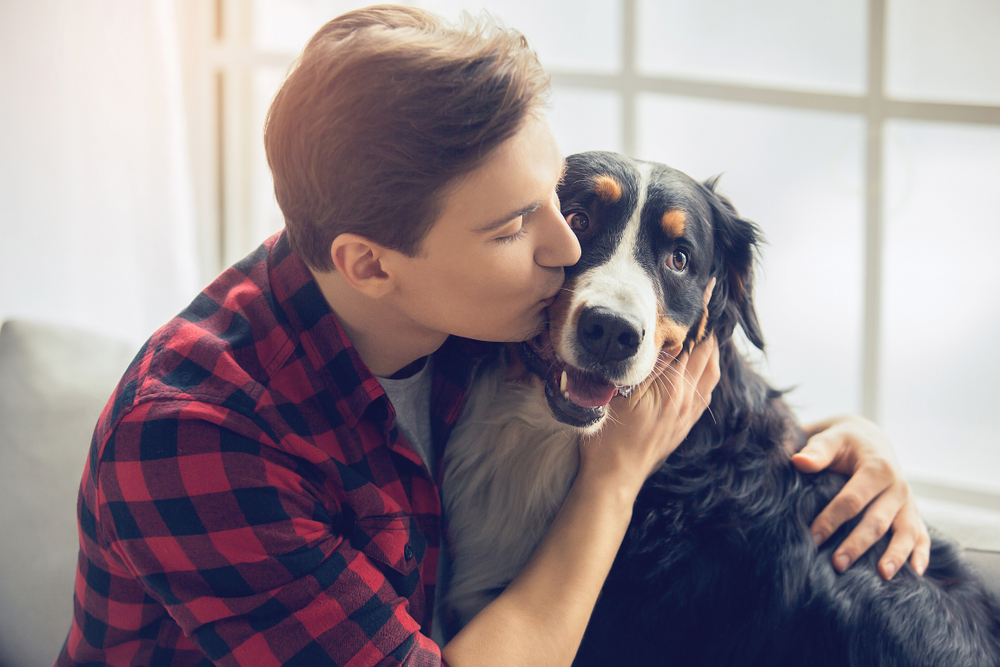
While it may not do anything physically to help your dog through not feeling well, providing them with lots of love and support is crucial. Anytime your dog is under the weather, they count on you to offer them lots of cuddles and reassurance that things will be okay.
Having diarrhea is no different. Make sure to spoil your dog with love when they aren’t cuddled up resting after trips to the bathroom.

Conclusion
Dealing with doggy diarrhea isn’t a fun experience. Unfortunately, however, it is bound to happen at some point. If you want to keep your dog happy and healthy, it’s best to know what to do when one of these types of situations arises. By following these tips and tricks and keeping your veterinarian on speed dial, you can help your dog through this uncomfortable situation.
Featured Image Credit: Alexander Hagseth, Shutterstock

